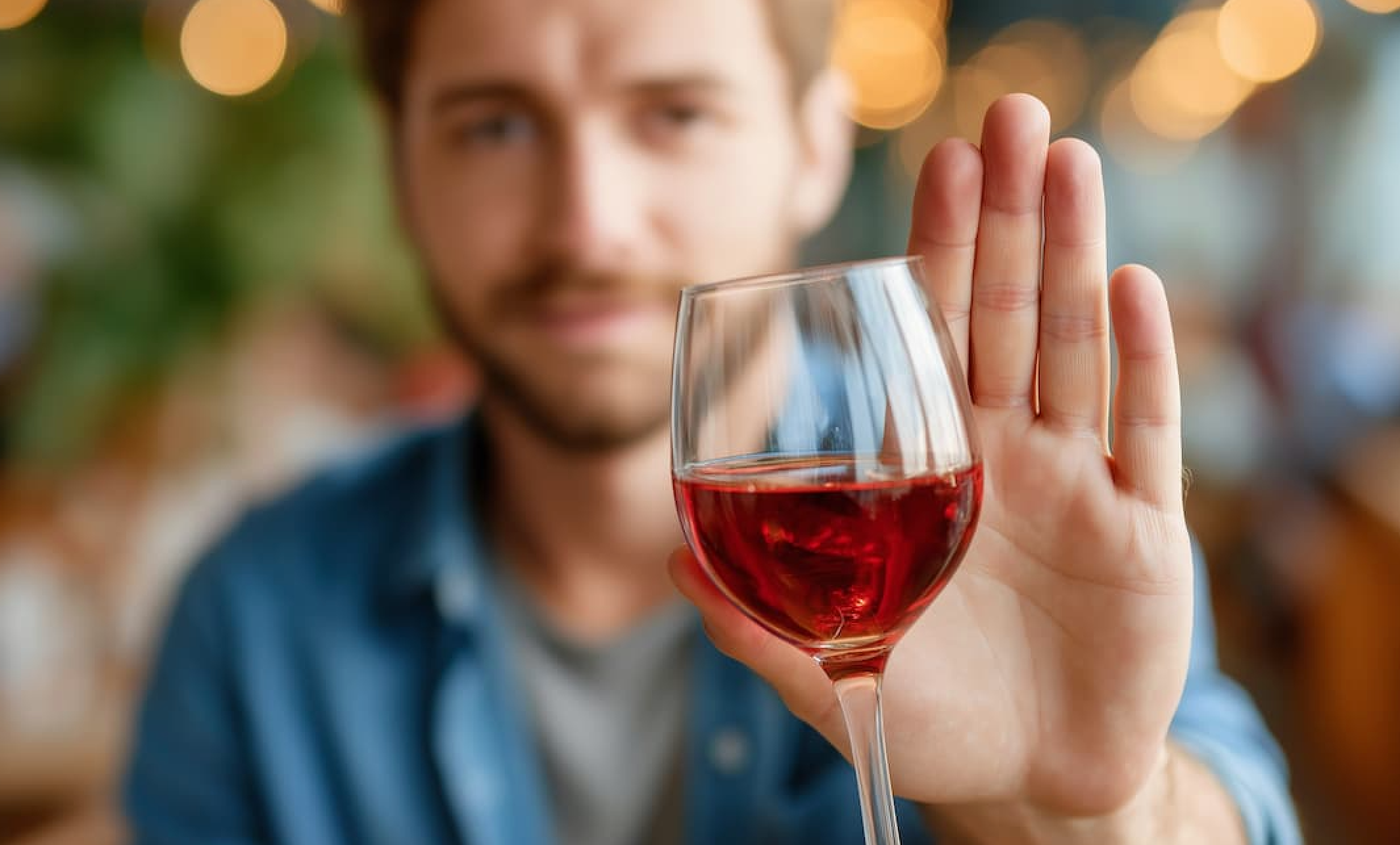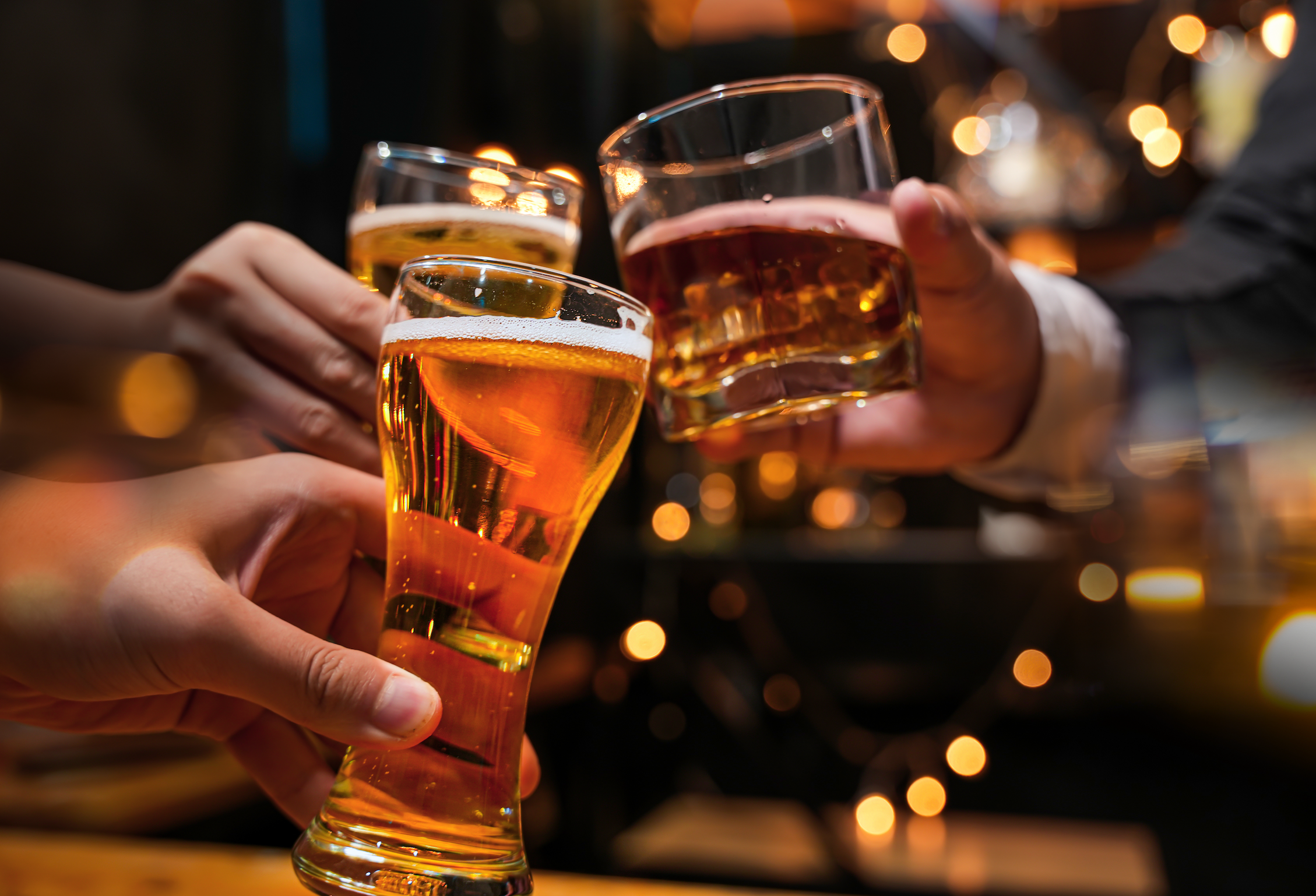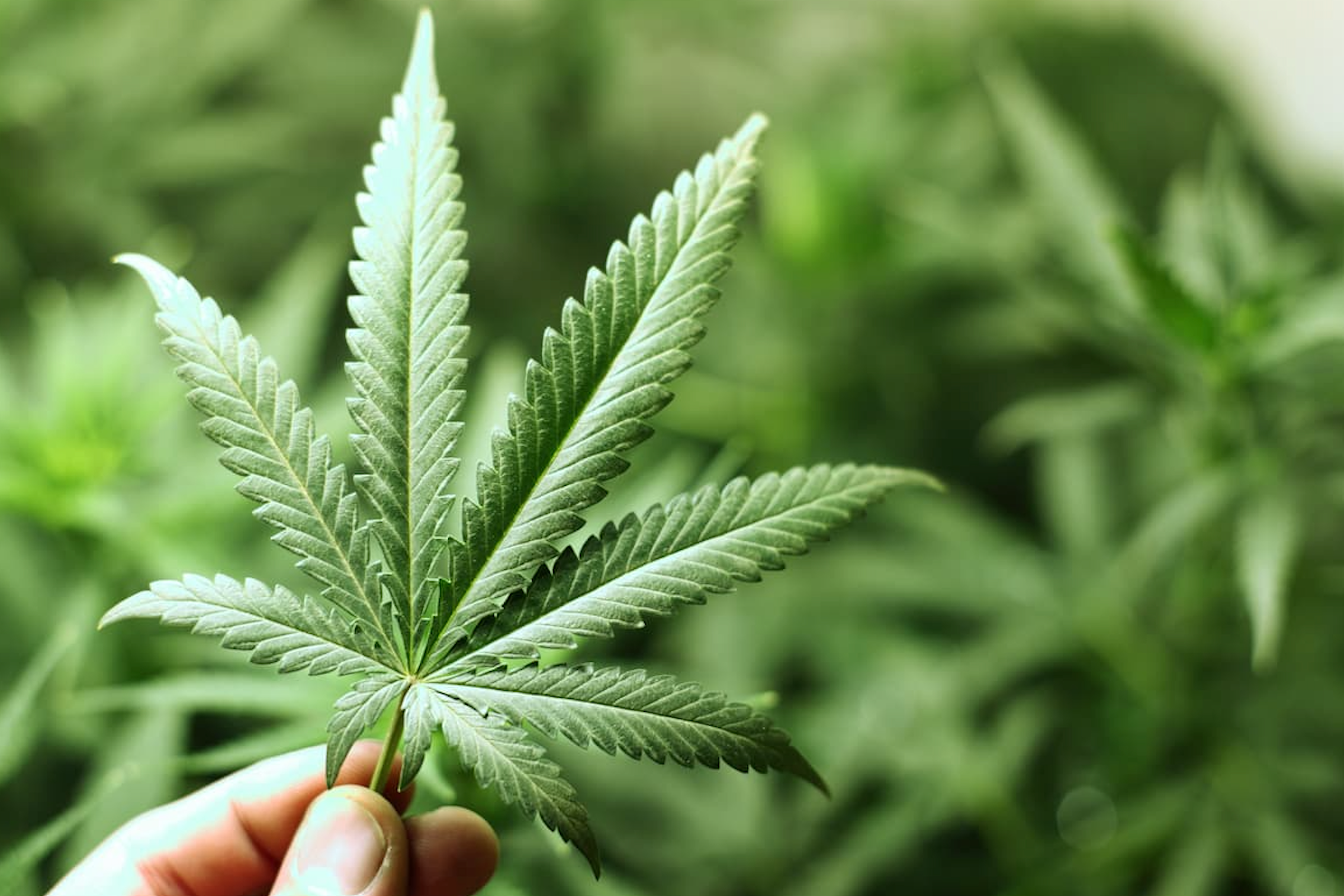
How Trauma and Genetics Fuel Alcohol Addiction, With Joseph R. Volpicelli, M.D., Ph.D.
Joseph Volpicelli, M.D., Ph.D., explains how naltrexone helps people stop drinking by blocking the brain’s reward response.
By
Lana Pine| Published on August 7, 2025
3 min read
Joseph Volpicelli, M.D., Ph.D., a longtime expert in addiction medicine and executive director of the Institute of Addiction Medicine, explains that alcohol addiction is not simply a matter of willpower — it’s often rooted in biology, trauma and family history. For many veterans and trauma survivors, alcohol becomes a coping tool that later turns into a trap.
People exposed to trauma — especially in military or high-stress environments — may start drinking to cope with emotional pain. Volpicelli’s research dating back to the 1970s showed that trauma causes the brain to release natural opioids (endorphins) to dull the pain. When those chemicals wear off, the brain can feel depleted, leaving people anxious, low or restless. Alcohol temporarily boosts those feel-good chemicals, making people feel better — but only for a short time. Over time, this becomes a dangerous cycle
This is where naltrexone, a medication Volpicelli helped pioneer, comes in. Naltrexone works by blocking the brain’s opioid receptors, which breaks the rewarding “high” people feel after drinking. As a result, someone who typically craves more drinks after having one or two may find they feel satisfied stopping early. For many, this simple change helps them regain control.
He explains this through a study he conducted on college students. Those with a strong family history of alcohol addiction experienced more euphoria and wanted more drinks after consuming alcohol. But after taking naltrexone, that effect disappeared and they no longer felt the urge to keep drinking. In contrast, students without a family history just felt tired after drinking.
This highlights two common pathways into alcohol addiction: genetic risk and trauma exposure. Some people inherit a brain that responds more strongly to alcohol; others become dependent after trauma because alcohol fills the gap left by stress-related chemical changes in the brain. Either way, addiction is a biological condition, not a moral failing.
The most important sign to watch for? If alcohol increases your desire to drink more, that could mean you’re caught in the addictive loop. But with the right tools — including medication-assisted treatment, therapy and support — people can break free from that cycle and recover fully.
For more information, visit The Naltrexone Alliance.

